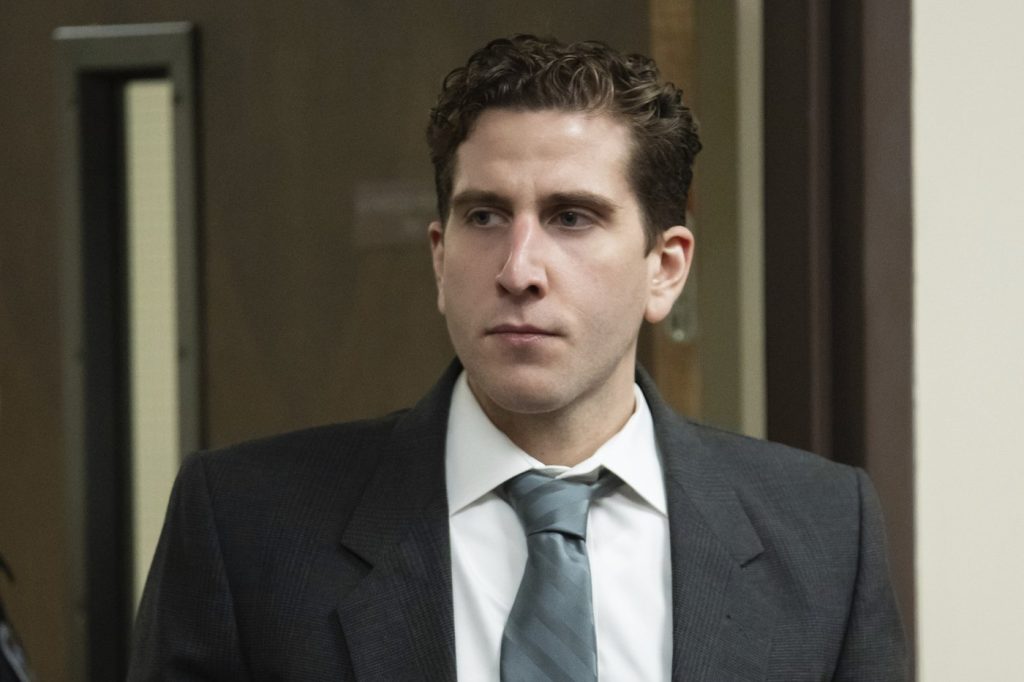BOISE, Idaho (AP) — A two-day hearing is set to begin Wednesday morning, where prosecutors and attorneys for Bryan Kohberger, the man charged with the killings of four University of Idaho students, will argue over the final ground rules for his trial. Kohberger, 30, is accused of murdering Ethan Chapin, Xana Kernodle, Madison Mogen, and Kaylee Goncalves in a stabbing incident that occurred in the early morning hours of November 13, 2022, at a rental home near the university's campus in Moscow, Idaho. The bodies of the victims were discovered later that day.
Kohberger, who was a criminal justice graduate student at Washington State University at the time of the murders, was apprehended in Pennsylvania weeks after the incident. Investigators linked him to the crime scene through DNA evidence obtained from a knife sheath found at the location of the stabbings.
When given the opportunity to enter a plea for the charges against him, Kohberger chose to remain silent, leading the judge to officially enter a not-guilty plea on his behalf. As the trial date approaches, both sides have prepared extensive legal motions, which will be discussed during the upcoming hearing.
The hearing will primarily focus on several key legal matters, including whether Kohberger should be eligible for the death penalty if convicted. Additionally, there are discussions concerning the admissibility of various forms of evidence, including witness testimonies about “touch DNA” and restrictions on courtroom attendees during the trial.
Attorneys from both sides will present their arguments to 4th District Judge Steven Hippler, who will have the opportunity to ask questions to clarify any legal points. Significant motions pertain to the evidence that will be available to jurors. For instance, Kohberger's defense team has requested the judge to rule that an autism spectrum disorder diagnosis could exempt him from the death penalty if convicted.
Another contentious issue is whether jurors should hear audio from a 911 call made by two roommates in the house approximately eight hours post-killings, as they realized one of their fellow roommates was unresponsive. Legal documents submitted by prosecutors indicate a desire to introduce Kohberger's online shopping history from Amazon, specifically showing that he purchased a Ka-Bar brand knife eight months before the murders. A sheath matching this knife was found at the crime scene.
Conversely, Kohberger's defense argues to exclude this online shopping data, claiming it may be misinterpreted or not indicative of his actual intentions, due to the influence of purchasing algorithms. The prosecution also seeks to admit a self-photo Kohberger took hours after the murders, asserting it reflects his appearance at that time, in contrast to a roommate’s description of a stranger with “bushy eyebrows” seen inside the home.
The defense is contesting the introduction of any testimony regarding Kohberger's eyebrows, arguing that it could negatively bias the jury against him. Moreover, discussions will likely arise regarding the jury selection process, as both sides have submitted proposed questionnaires aimed at refining the juror pool; however, these documents have yet to be made public.
During the hearing, Judge Hippler has the option to either rule immediately from the bench on the various motions or issue written rulings afterwards. Written decisions may provide valuable insights into the judge's legal reasoning and assist attorneys in future references throughout the prolonged legal proceedings.
The trial is scheduled to begin with jury selection on July 30 and commence officially on August 11 at the Ada County Courthouse in Boise. The trial is anticipated to span nearly three months, concluding at the beginning of November.










